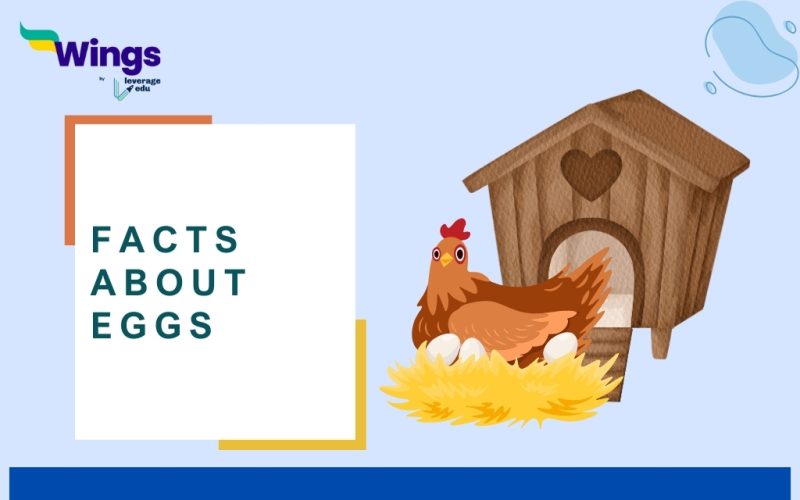Whether you like them sunny-side up, half-boiled, or scrambled, eggs are a staple of our morning breakfast. You can prepare this kitchen staple in multiple ways and nourish your body with the goodness of essentials, like protein and vitamins. To tell the difference between a half-boiled egg and a hard-cooked egg, all you have to do is spin it. Hard-cooked eggs spin easily whereas raw eggs wobble. Isn’t this ingredient fascinating? Here are other facts about eggs for kids.
Amazing Fun Facts About Eggs
Table of Contents
1. The word yolk derives from an Old English word for “yellow”.
2. An eggshell can have as many as 17,000 pores.
3. These pores allow the passage of oxygen, carbon dioxide, and moisture and keep bacteria out.
4. Crushed eggshells are widely used as a natural fertilizer due to their high calcium and mineral content.
5. You can dye eggshells using ingredients such as beet juice, turmeric, and onion skins for your Easter celebrations.
6. Eggs at room temperature age faster than those kept in the fridge.
7. A hen may require up to 24-26 hours to produce an egg.
8. Chickens with white feathers and earlobes tend to lay white eggs. On the other hand, brown hens with red earlobes lay brown eggs.
9. Hens on average lay about 200 -300 eggs every year.
10. Younger hens lay eggs with a hard shell than older hens.
11. In 2010, Harriet, a hen owned by a cab driver in Essex, laid the biggest egg ever. It measured 9.1 inches in diameter.
12. It is believed that ancient Egyptians incubated eggs inside cool underground caves to preserve them.
13. An old wives’ tale suggests that storing your eggs upside down might help last them longer. This is because the pointy end facing down in the carton prevents air pockets inside the shell from coming in contact with the yolk.
14. Eggs with a darker yolk are considered healthier as it might be a sign that the chickens were pasture-raised. Additionally, it might also suggest that the diet of such chickens is focused on grass and bugs.
15. Fresh eggs sink in water whereas old eggs float.
16. Adding salt while cooking eggs draws out the moisture, resulting in dry eggs instead of soft and fluffy eggs.
17. You can freeze eggs to preserve them for longer. However, they might not taste as amazing as fresh ones.
18. Kiwi, a flightless bird, lays the largest egg in comparison to the size of her body.
19. The hummingbird lays the smallest eggs whereas the ostrich lays the biggest eggs.
20. A hen continuously turns her eggs about 50 times a day to prevent the yolk from sticking to the side.
FAQs
Eggs can be of white and brown colour, depending on the breed of the hen. The age of a hen affects the size of her eggs. The Kiwi bird lays the largest egg according to the size of her body. Fresh eggs sink in water whereas old eggs float. Lastly, hens lay about 200-300 eggs every year.
Hen’s eggs are known to provide your body with essential nutrients, vitamins, and protein. They are loaded with nutrients, a rare thing in modern diet.
Yes, eggs can easily expire if you do not store them properly or keep them refrigerated.
Hope you had fun reading these interesting facts about eggs. If you like reading about facts, you can visit our interesting facts page to read more such blogs.
 One app for all your study abroad needs
One app for all your study abroad needs













